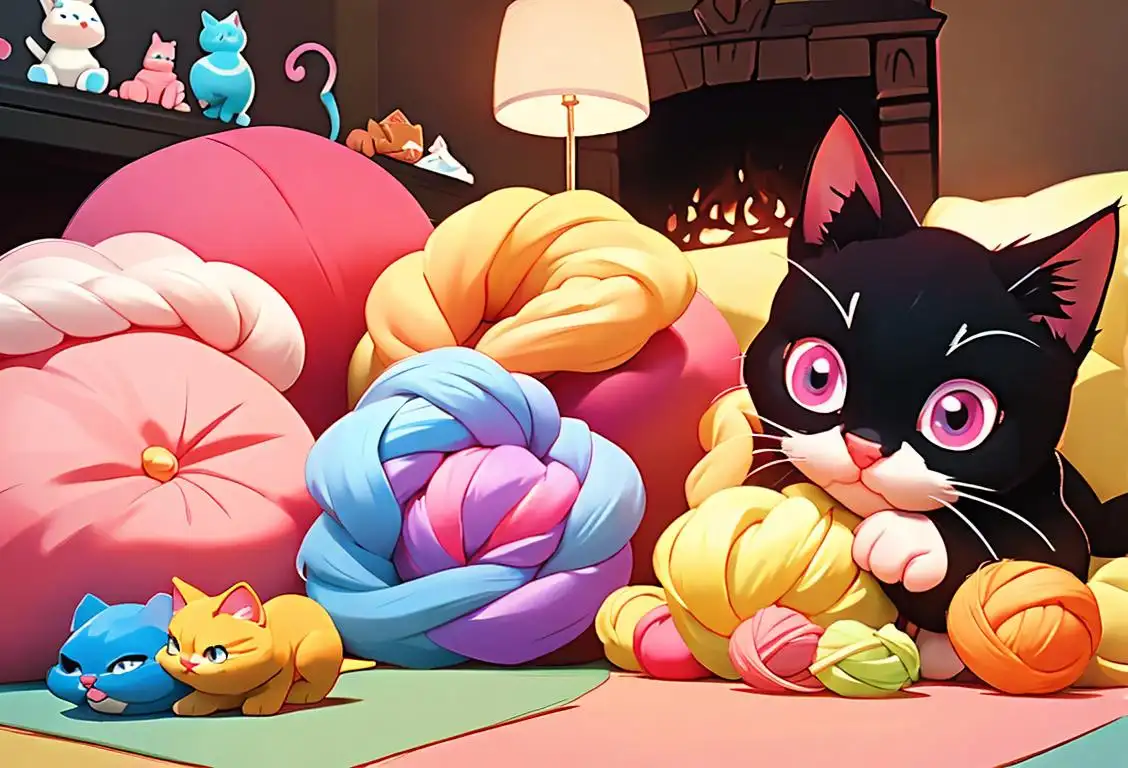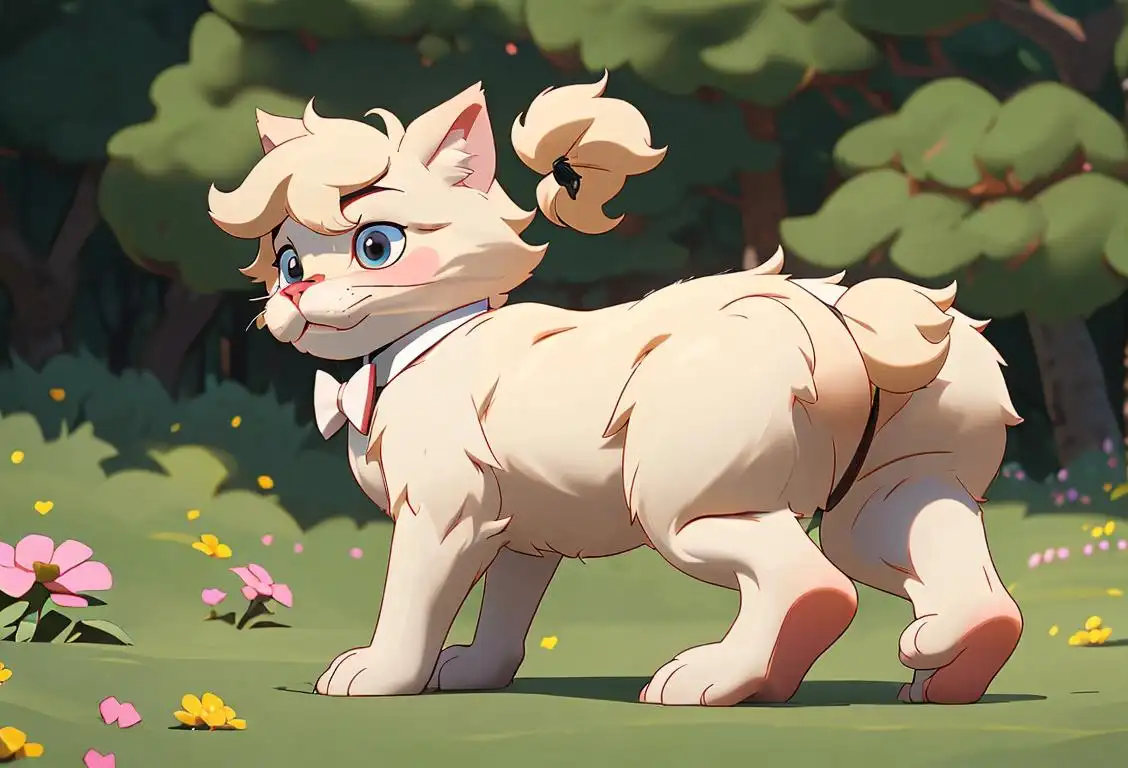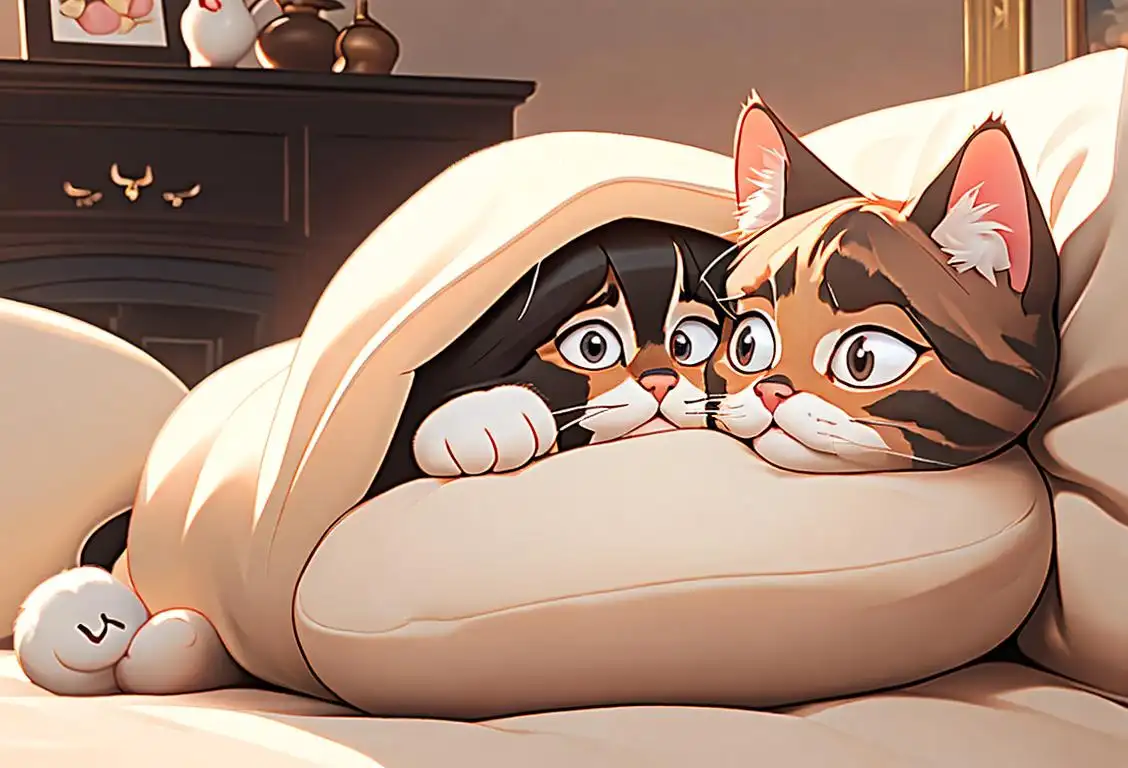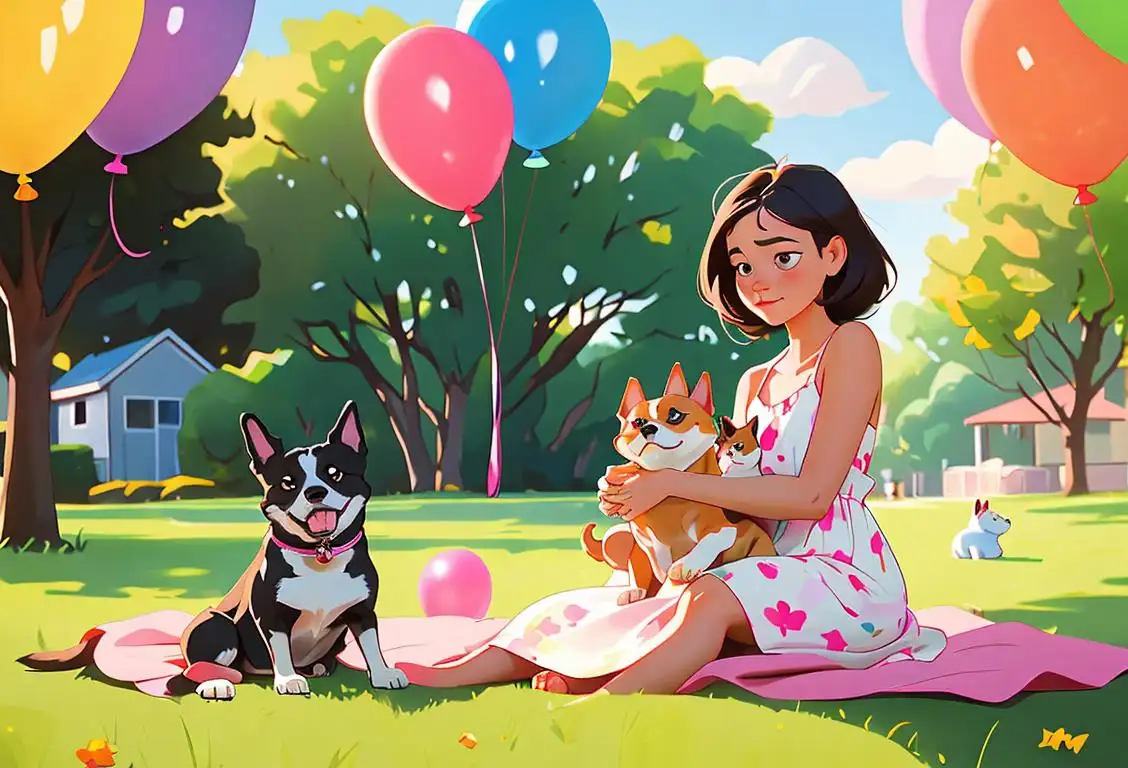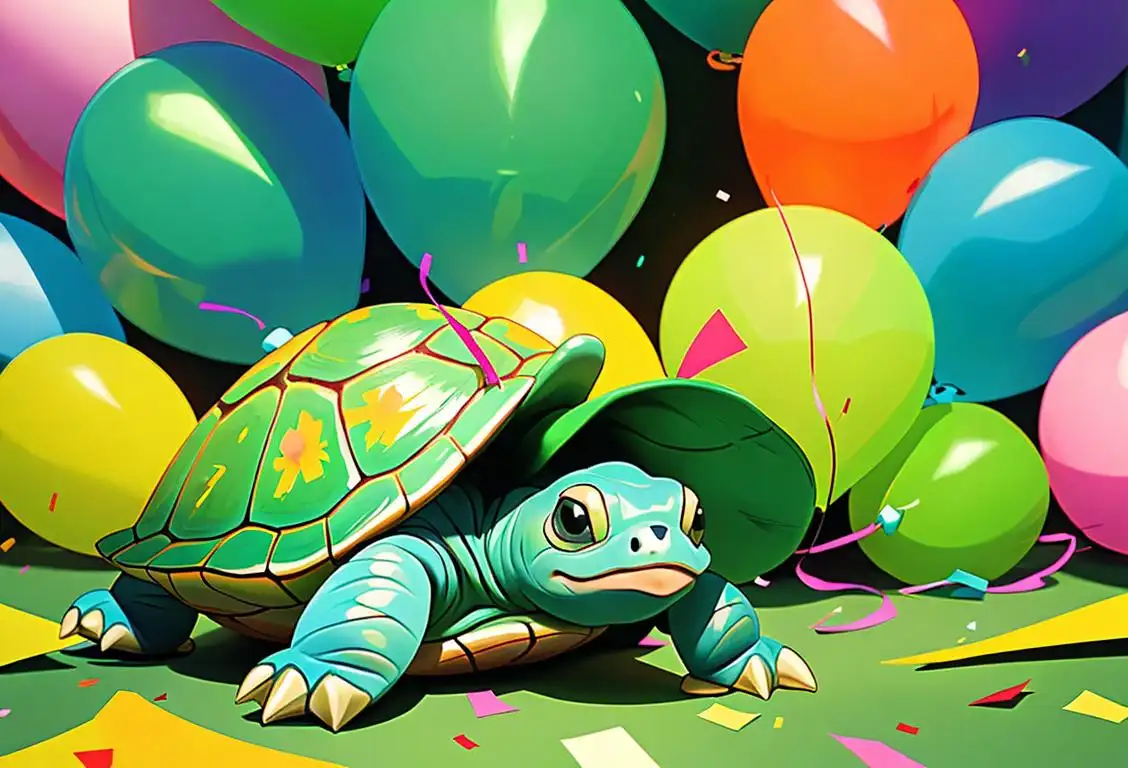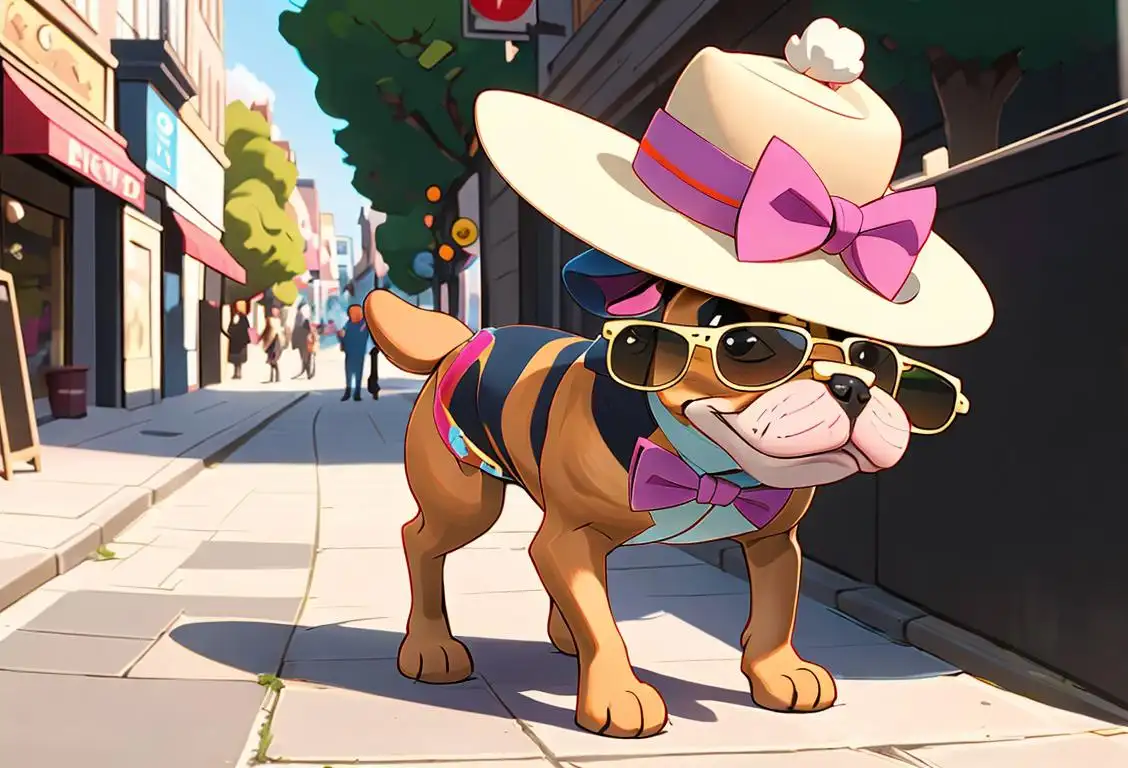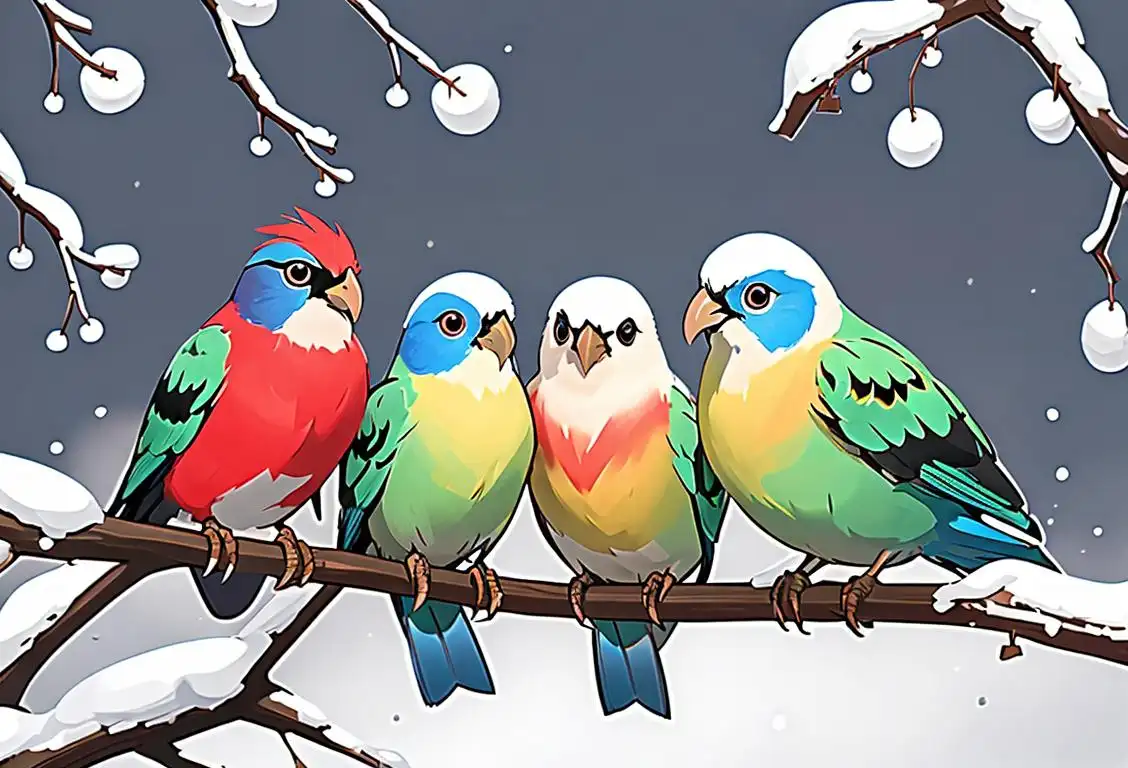National Black Cat Day
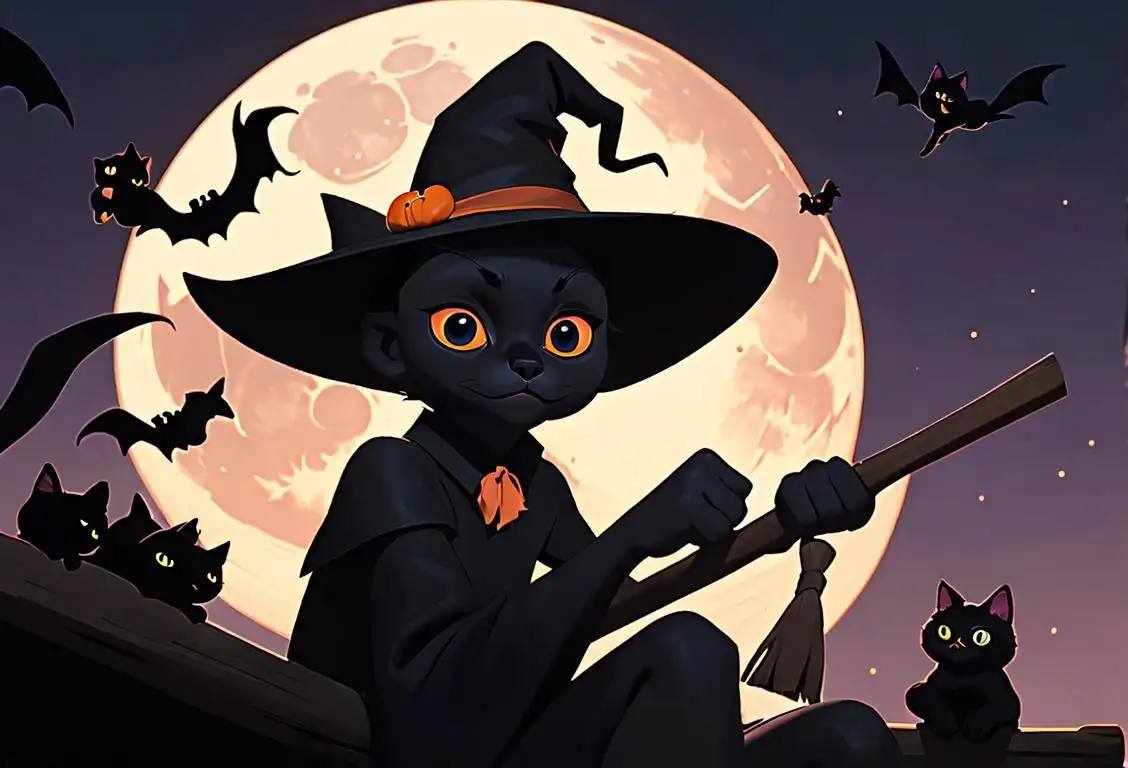
How often do you cross paths with a black cat and feel a slight chill creep up your spine? Well, hold onto your boots, because this here is all about National Black Cat Day! The day we put superstition out the window and celebrate these lovely furballs. It's as fun and mysterious as the critters themselves. Let's dive right in, shall we?
When is Black Cat Day?
It's national black cat day on the 27th October.
What's This Hubble-Bubble Toil And Trouble?
National Black Cat day experienced its highest mention online during 27 Oct 2020, recording a catastrophic 30056 mentions. (We promise that's the only cat pun you'll find in this article. Or is it?). This day aims to dismiss the negative myths surrounding black cats, encourage their adoption, and shoo away some of those wacky superstitions.
The Cat Got Your Tongue?
Black cats, over centuries, have been subject to various folklore and superstitions. From being witches' companions in Europe to symbols of prosperity in Japan, they've seen it all. National Black Cat Day is an effort to reiterate that they are just as sweet and lovely as their colourful counterparts.
Scaredy Cat!
It's an odd quirk of human nature that we sometimes fear the unknown. Black cats have been subject to such fear, leading to lower adoption rates. National Black Cat Day brings into focus the need to provide these cats the loving homes they deserve. So this day, reach out to a local shelter, get to know these mysterious felines, and who knows, you might just find your purrfect companion!
History behind the term 'Black Cat'
5000 BCE
Feline Domestication
The history of the term 'black cat' can be traced back to the domestication of cats around 5000 BCE. Cats were highly valued by ancient civilizations, and they were appreciated for their ability to catch vermin and protect crops from pests. People admired their sleek black fur, which was seen as a sign of authority and power.
2700 BCE
Ancient Egyptian Beliefs
In ancient Egypt, black cats were considered sacred and symbolized good luck. They were associated with the goddess Bastet, who was the goddess of home, fertility, and protection. Egyptians believed that owning a black cat would bring blessings upon their households and protect them from evil spirits and misfortune.
13th Century
Medieval Superstitions
During the Middle Ages, the perception of black cats started to shift. They became associated with witchcraft and evil omens, primarily due to the rise of superstitions surrounding witchcraft and the belief that witches could transform into black cats. This association led to the demonization and persecution of black cats.
17th Century
Black Cats as Familiars
In the 17th century, the belief emerged that black cats were witches' familiars, serving as companions to witches and aiding them in their malevolent practices. This perception further deepened the association of black cats with witchcraft and dark forces.
19th Century
Black Cats in Literature
Black cats gained a prominent role in literature during the 19th century. Edgar Allan Poe's famous short story, 'The Black Cat,' showcased the mysterious and eerie nature associated with black cats. This literary portrayal reinforced the association of black cats with superstition and darkness.
20th Century
Black Cats as Good Luck
In various cultures, black cats gradually started to regain their positive reputation during the 20th century. In Japan, for example, black cats are considered symbols of good luck and fortune. This belief spread to other parts of the world as well, leading people to embrace black cats as beloved companions.
Did you know?
Did you know that in some cultures, like the Scottish and Japanese, black cats are considered symbols of good fortune? So much for crossing paths!Tagged
awareness fun pets animals black_cat_day adoptFirst identified
17th August 2015Most mentioned on
27th October 2020Total mentions
30056Other days
Black Cat Day
Catra Day
Puppy Day
Furry Butt Appreciation Day
Dogs Day
Hug Your Cat Day
Adopt A Shelter Pet Day
Turtle Day
Dress Up Your Pet Day
Bird Day
